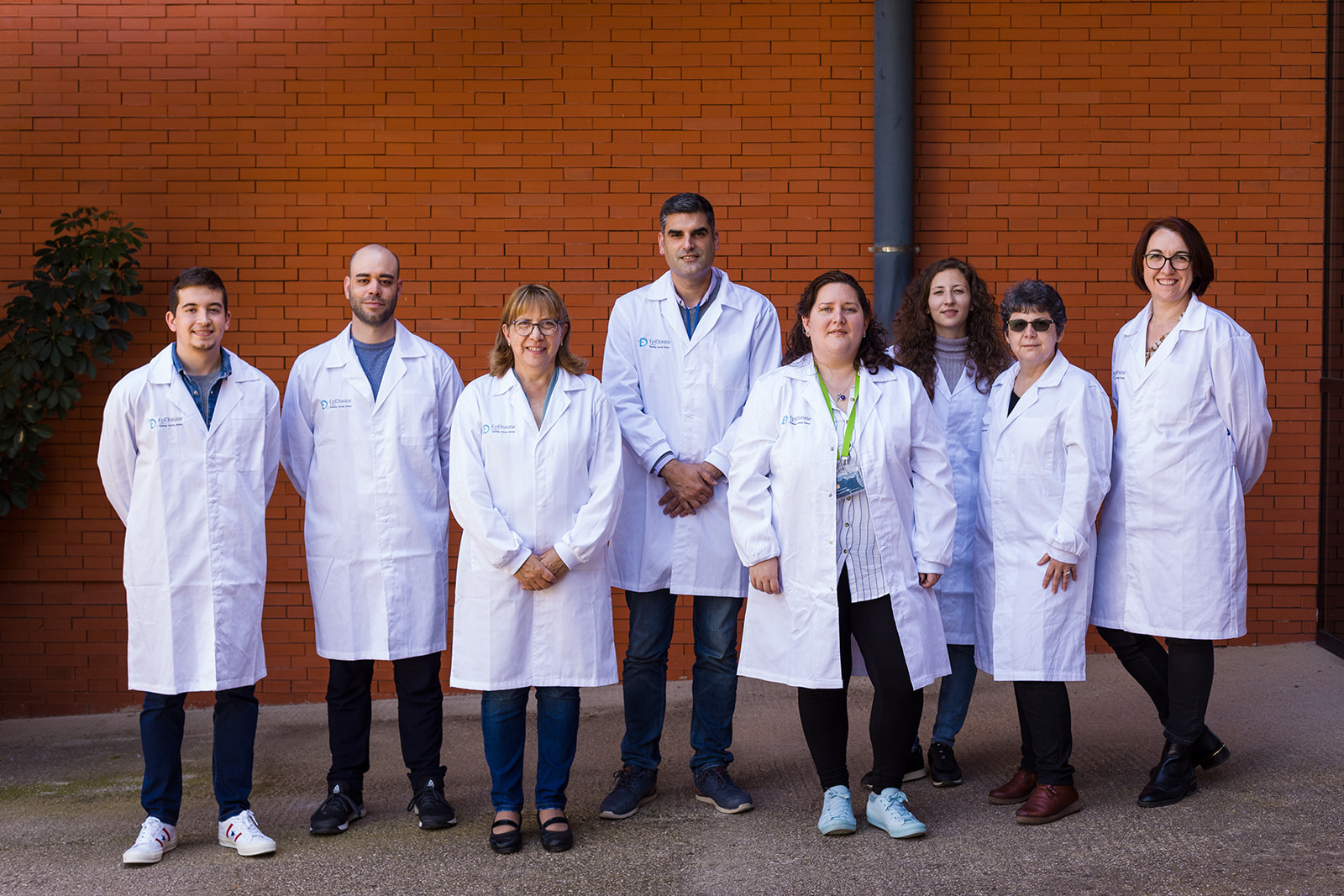EpiDisease, a biomedical company located at the Parc Científic de la Universitat de València, specialized in R&D services in epigenetics and in the development of diagnostic tests, will participate together with other entities in the establishment of the first Spanish DNA collection of Adolescent Idiopathic Scoliosis with the aim of facilitating the diagnosis of the disease to health professionals
EpiDisease, a biomedical company located at the Parc Científic de la Universitat de València (PCUV), will participate in an investigation of the genetics and epigenetics of AIS, in which it will collaborate with the Asociación de Escoliosis de Castilla y León (ADECYL), the only patient association dedicated to Adolescent Idiopathic Scoliosis (AIS) in Spain. ADECYL members with AIS will have the opportunity to donate a buccal swab sample from which DNA will be extracted and stored in the AIS DNA collection housed at CIBERER Biobank.
AIS is a three-dimensional deformity of the spine, suffered by about 10 million young people worldwide (3% of this age group), mostly young girls. Although it is recognized that genetic, growth, neuromuscular, metabolic, hormonal and environmental factors are involved. "In the most severe cases, respiratory function and quality of life deteriorate significantly, requiring treatment based on exercise, braces (corsets) or surgery. In addition, body image distortion is often difficult for adolescents to manage psychologically," explains José Luis García Giménez, CEO of EpiDisease.
The collection of DNA samples from ADECYL member partners with a confirmed diagnosis of AIS is a key resource for the further development of diagnostic and prognostic tools applied to improve the current management of AIS. Today, AIS healthcare experts are forced to make reactive decisions based on data they obtain from X-ray images that lack prognostic capability. In that sense, the researchers hope to change that situation by developing genetic and epigenetic tests with prognostic capability, which will enable healthcare experts to make proactive decisions on the management of AIS to improve patient outcomes and quality of life.
AIS is a three-dimensional deformity of the spine, which affects some 10 million young people worldwide (3% of this age group), mostly young girls.
DNA Collection
This collection of DNA from patients with AIS will join the already existing collection at the CIBERER Biobank until now mainly of plasma and which was originally created thanks to the collaboration of Teresa Bas, head of the Spine Unit of the Hospital Universitario y Politécnico La Fe de València, and which continues to be nourished by more patient samples thanks to the participation of other specialists such as Rosa Egea from the Hospital Niño Jesús in Madrid, and Inmaculada Vilalta from the Hospital Sant Joan de Déu.
The samples will be used in clinical validation research of a test being developed by EpiDisease, funded by a call for 2021 grants from RED.ES, the program of the Ministry of Economic Affairs and Digital Transformation for research and development projects in artificial intelligence and other digital technologies, and their integration into value chains.
AIS health experts are forced to make reactive decisions based on X-ray imaging data that lack prognostic ability. Researchers hope to change that situation by developing genetic and epigenetic tests to enable preventive decisions to be made.
News in the media
EpiDisease colabora con ADECYL y el CIBERER Biobank para establecer la primera colección española de ADN de EIA
https://www.ciberisciii.es/noticias/epidisease-colabora-con-adecyl-y-el-ciberer-biobank-para-establecer-la-primera-coleccion-espanola-de-adn-de-eia


